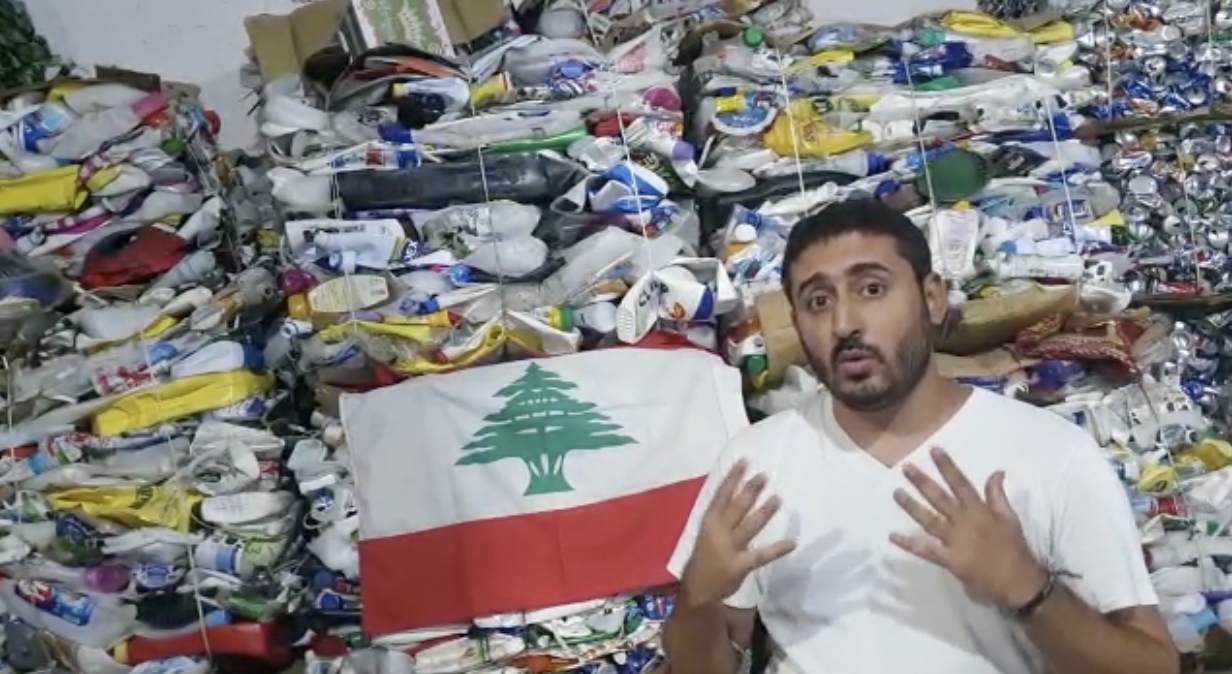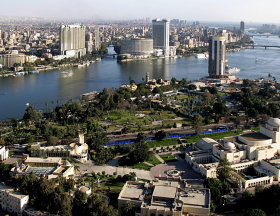Femise and The Next Society have just published their brand new brief on "GreenTech start-ups", a solution in line with the sustainable development challenges facing the Southern Mediterranean. Video.
Micro, small and medium enterprises (MSMEs) constitute about 95% of the total enterprises in the Southern Mediterranean region and are considered the driving forces of economic growth, job creation and green and inclusive growth.
Entrepreneurs, especially start-ups, still face many challenges when it comes to creating, promoting and managing their businesses. Supporting these entrepreneurs through innovative initiatives and enhancing the ecosystems in which they operate will contribute to their development.
In turn, entrepreneurs will contribute to the achievement of several Sustainable Development Goals (SDGs). It is in this context that the Next Society Project (TNS) and FEMISE decided to launch this initiative to produce “The Next Society Policy Briefs Series”.
This series of Briefs aims to better understand the challenges faced by entrepreneurs (through the prism of entrepreneurs themselves) and to provide tailored operational policy recommendations.
These Briefs are based on collaborative work and exchange of knowledge and experience between the researcher(s)/author(s) and the entrepreneur(s), many of whom have benefited from the TNS project, ensuring their relevance and impact.
Innovation at the heart of the territory’s future
The southern Mediterranean region is facing various environmental problems such as water scarcity, arable land depletion, air pollution, inadequate waste management, loss of biodiversity, decline of marine resources and degradation of coastal ecosystems.
Despite the significant impact of these threats on the quality of life of the population, they are still not an integral part of development strategies. Public policies in the South Mediterranean are mainly focused on the main threats to socio-economic development such as high unemployment (especially youth unemployment), poverty, income inequality, limited intergenerational mobility, food insecurity, political instability, and military and social conflicts.
The current situation limits public policy in implementing broad-based environmental instruments requiring alternative approaches. Among the latter, a promising solution is offered by GreenTech start-ups, green initiatives that often take the form of small and medium-sized enterprises or social enterprises.

They belong to a bottom-up approach where businesses are implemented in response to current local needs of society. Despite the strong potential of this approach, it is developing relatively slowly by facing some constraints due to public policy limitations.
This policy brief focuses on the contribution of GreenTech start-ups to sustainable economic development in Southern Mediterranean countries. The brief provides an overview of the current opportunities for environmental innovations in Southern Mediterranean countries and the corresponding role of public policies.
Then, it explores the main obstacles that hinder them by highlighting the experience of three start-ups from Lebanon, Jordan and Tunisia working in the field of green technologies, particularly in waste and water management and in the clothing industries, the main drivers of their growth and the challenges they face.
Finally, it concludes with some recommendations for improving existing public policy to foster GreenTech start-ups. Among these, the brief focuses on creating an environmentally friendly ecosystem with legal, financial and educational support.
To read the entire brief follow this link:










Réagissez à cet article